What is the story we can tell about ourselves, to ourselves?
Lewis Mumford, the 20th century historian and philosopher, said, “Every culture lives within its dream.” Like dreamers, we can’t know how–or especially why–we came to be here. Like dreamers, we may wonder at this or that element of our surroundings, wonder at the characters who move in and out of shadow, and objects that disappear in one room only to appear again in the next. But, as a culture, we live within the frame of a narrative that began before we arrived and, despite only half knowing the rules, we must move the action forward. It’s foolish to ask, what happens if we wake up? Can you wake up from consciousness? Only in death. The more interesting question is, what happens when we become aware of our state of dreaming, when we begin to distrust our circumstances and all the tools we have in hand begin to look like nonsense…
If there is a conscious story that has animated the history of American culture, it is the story we tell about the future. In a polyglot nation of immigrants, the story of America is told, firstly, on other continents. Maybe that’s its truest telling—the storyteller unspoiled yet by the hardships and humiliations of being assimilated into the meat grinder machinery of the culture in action. At the Court of King James, or in famine-stricken Irish bogs, or the shelled-out ghettos of Northern Africa, the dream-nation not yet reached, America shines with a promise that no true land could fulfill.
Americans have a “lust for the new,” said Alexis De Toqueville. Our dream is always a dream for the future, for the next step. But, as an animating principle, the “future” provides very little meat. Neil Postman, the great cultural critic of the latter half of the 20th century, wrote, “ I am suspicious of people who want us to be forward-looking. I literally do not know what they mean when they say, ‘ We must look ahead to see where we are going.’ What is it that they wish us to look at? There is nothing yet to see in the future.” In good times, that lust for newness breeds Utopianism. Forgetting that every attempt yet at the perfection of the human experiment has failed spectacularly, some group will always try their hand—at “the power of positive thinking,” at social engineering, “clean living,” or “free, unregulated markets.” When that fails, as it does, and the shallow ground of our collective delusion starts crumbling beneath us, our culture breeds dystopianism.
What has held us together, in the face of a reality that so easily collapses into despair, has been only a few sheets of paper. The agreement, as a nation, to be governed by our Constitution, to revere the Declaration of Independence, and to put our faith into institutions—the Courts, the Education system, Journalism—that regulate our society and provide context for the patterns of injustice, crisis, and mediation that return with each generation. When those institutions fail us, as they each have so many times, we’ve always resolved to go on believing in them anyway. That’s what has brought us, ramshackle a nation though we are, to this point.
This point. What a time in history to be alive. The greatest minds, the new angelheaded hipsters, are all cloistered at their computer terminals, translating into code their own dream for our glorious future. The human brain, that mighty thing, has proven to be hackable, shakable, and easily mortified into obedience by dings and likes and the specter of faceless disapproval. Nations, holding with slippery grip to old nonsense languages and meaningless borders, can’t recall their own histories without flinching. Our great institutions? Presided over by weak, hackable humans, their rituals indistinguishable from the current of cash money that flows into and around them. Teachers, the last of the old guard, hand out electronic tablets with their syllabi at the start of another semester. Courts, stumbling under the weight of the new world, send another thousand addicts into jail, lacking anywhere else to put them. Everyone shakes his own head at the problem and sighs. Another local newspaper falls into slumber and forgets to rise again in the morning.
How, without laughing, do we claim to put our faith in the Constitution and the Declaration of Independence?
Upon this gifted age, in its dark hour,
Rains from the sky a meteoric shower
Of facts…they lie unquestioned, uncombined.
Wisdom enough to leech us of our ill
Is daily spun; but there exists no loom
To weave it into fabric.
-Edna St Vincent Millay, Huntsman, What Quarry?
It’s the curse of our success, maybe. We’re drunk on technology. Drunk on money and data. It’s the axiomatic lament: “We put a man on the moon, but we can’t…” But the moon is a matter of mathematical equations. What ails us is a matter of metaphysics.
Despite all our machinery, children are still born into nature. Nature, meaning blood and guts. Nature, meaning pain and death. We can’t solve algorithmically for the fact of cruelty or suffering.
The 19th and 20th centuries gave us sweeping social movements. Armed with a belief in moral progress, we dismantled most, if not all, of the encoded, structural barriers that prevented people from pursuing the lives they wished to live. Thanks to their efforts, we have The 14th Amendment, the 19th amendment, and the Civil Rights Act. We have labor protections against discrimination and harassment, and Brown v. Board of Education. We have Loving v. Virginia. But laws are one thing and the human heart is another. You can’t legislate away the existence of hatred or lust. We can’t rid ourselves so easily of the tendency of the privileged to be paternalistic toward the poor, the desire of men to prove their worth through aggression, or the compulsion of parents to act out the sins of their forebears onto their children. You can try to punish injustice after the fact, if it violates some written law, but you can’t prevent brutality or manipulation. Greed, deceit or humiliation. Ignorance. Ugliness.
We tend to wax on, romantically, about the loveliness of nature and the brutishness of (white, male) civilization– forgetting what nature means for the baby rabbit in the jaws of the snake. Forgetting how civilization brought us vaccines and public schooling and the whole notion that the strongest or most cunning don’t get to take whatever they want from those whom nature would let them dominate.
Civilization brought us tools and we’ve used them for good and for ill. But, ultimately, civilization can’t solve for human nature. In our hearts are injustice and injury on a spiritual scale. We carry a festering, unsalvable wound that we are now less equipped to nurse than was the most superstitious be-deviled peasant ancestor in the most death-infected village of our collective lineage. If we had that peasant’s faith, we would be better off. If we could sustain some larger narrative, accepting our life with its unkindnesses as a string to be woven into a larger, more sustaining whole, that would bring some comfort.
As it is– with a world of machinery, a million blinking tools at hand, and no philosophy to satisfy us–all we can summon is a long, unending howl of outrage…


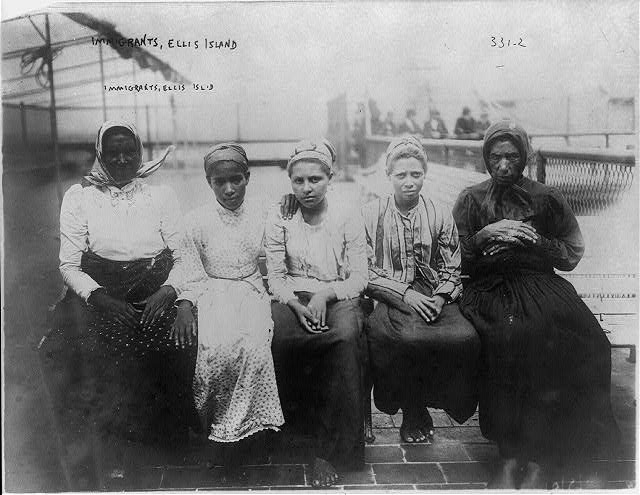
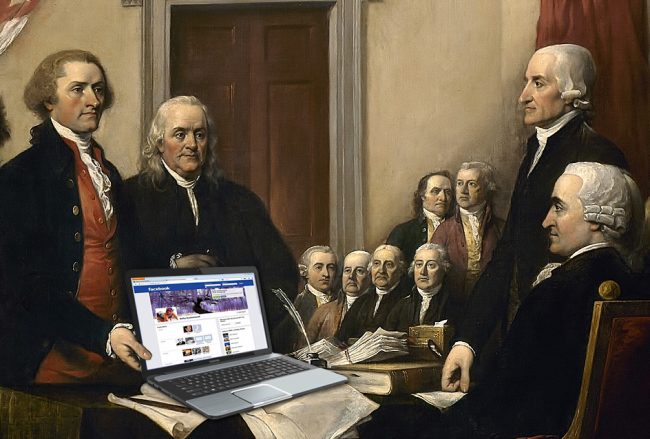
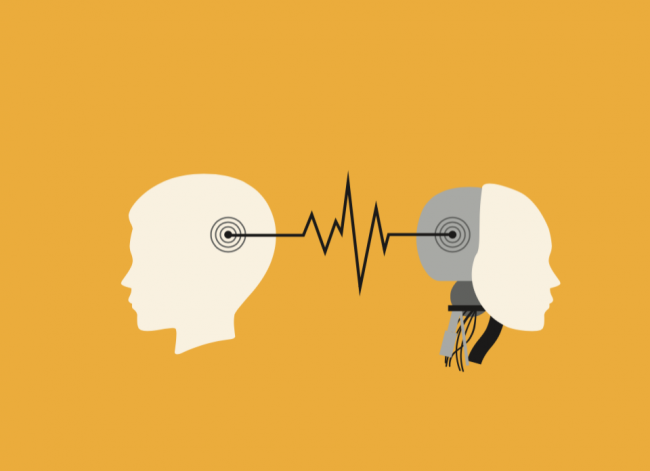

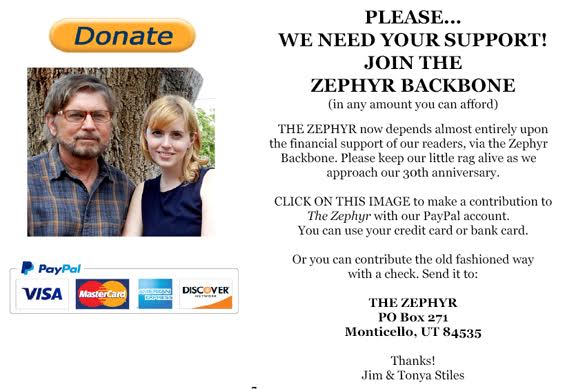




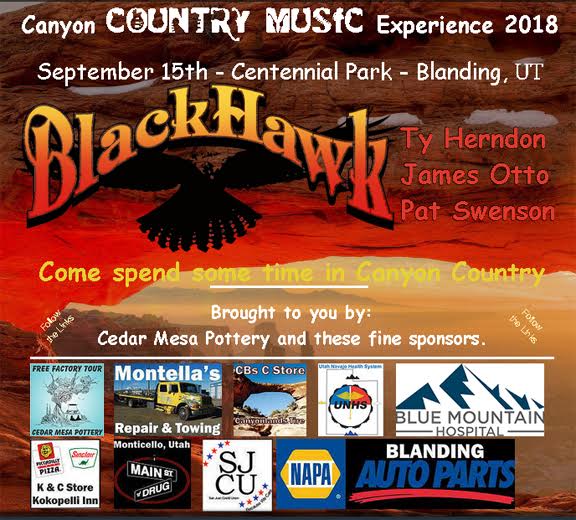
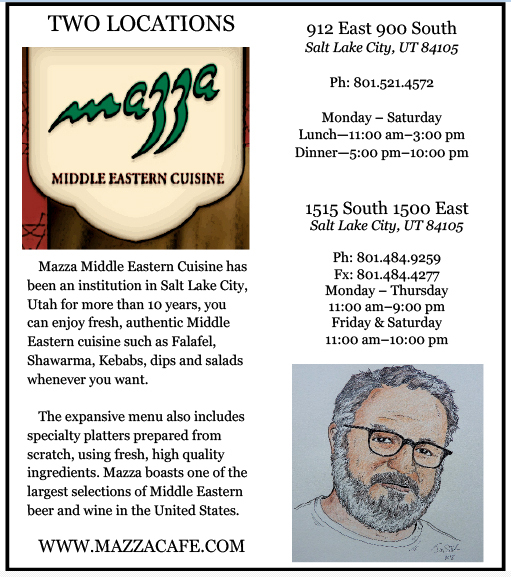


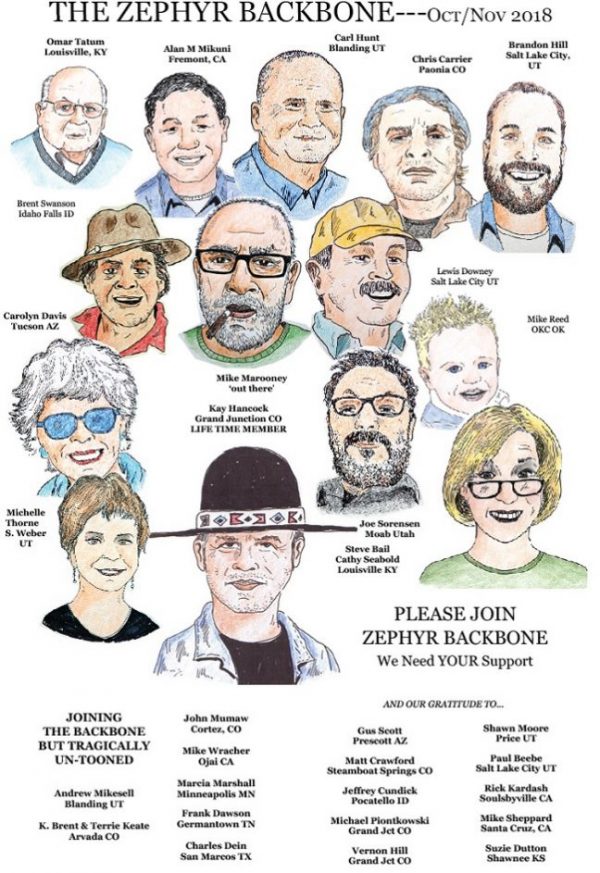
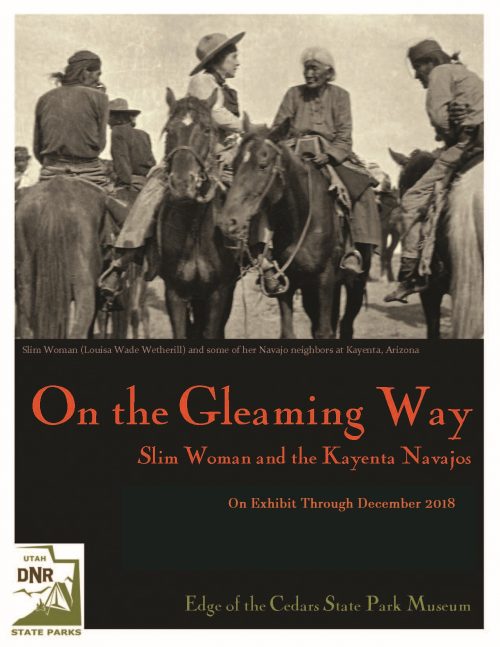
“If we could sustain some larger narrative, accepting our life with its unkindnesses as a string to be woven into a larger, more sustaining whole, that would bring some comfort.”
Tonya, the above sentence gives hope to a person that otherwise would feel pessimistic. I believe that our life can be viewed, “as a string to be woven into a larger, more sustaining whole”. For me that larger narrative includes the acceptance of humans as having both a physical and a spiritual component.
Tonya, may I use that sentence and maybe the whole paragraph in my journal and maybe a talk in church and attribute the words to you? For some reason my mind keeps playing your words over and over in connection with the words of Jacques Monod, “Man at last knows that he is alone in the unfeeling immensity of the universe…………”. I think he was saying that since Sputnik did not find heaven, heaven does not exist. Not an idea that I accept, but interesting, nevertheless.
Of course you may! That is an interesting quote from Monod–not one that I would agree with either.
Sounds like Tonya is ready for Jesus… or maybe not. As for Monod, he may or may not be right about our aloneness in the universe, but whether or not, if it is indeed the case, we “at last know” this… I wouldn’t go that far. We don’t know shit! (Pardon the vernacular)
Really enjoyed this, Tonya. Well done!